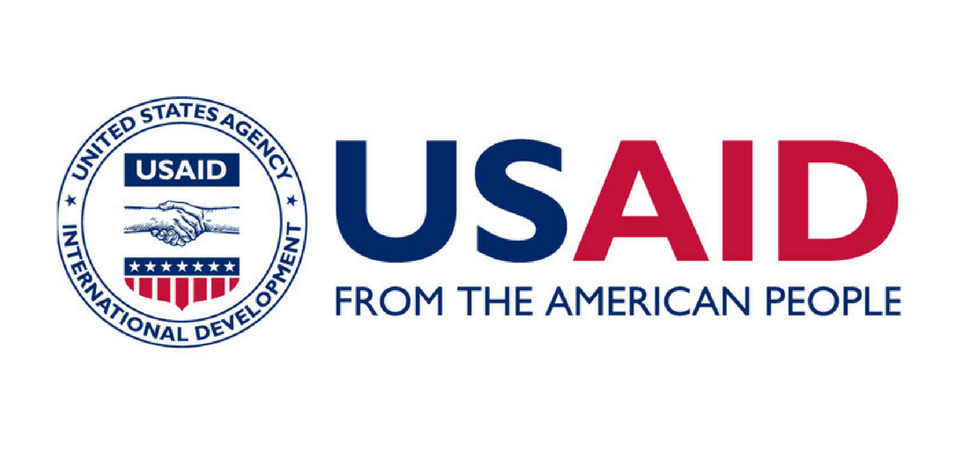U.S. Agency for International Development (USAID) have two awards in science and technology. Chapel Hill, North Carolina – The United States Agency for International Development (USAID) Office of Science and Technology awarded two of fourteen Science and Technology Pioneers Prizes recognizing work supported under the MEASURE Evaluation project, implemented by the Carolina Population Center. The prize is awarded to projects and activities funded by USAID that apply science and technology to development challenges of our age.
The PLACE Method got a Grand Prize for its capacity to utilize information to recognize zones with high HIV and explicitly communicated diseases occurrence, including scenes and occasions where individuals meet new sexual or needle-sharing accomplices. Created by Sharon Weir, Research Assistant Professor in the Department of Epidemiology, University of North Carolina at Chapel Hill, the PLACE strategy evaluates counteraction outreach inside these scenes utilizing minimal effort worldwide situating framework collectors and free Google Earth programming and makes inclusion maps indicating holes in avoidance programs. With its emphasis on neighborhood populaces and fast evaluation philosophy, PLACE permits vital organizers to precisely survey the most in danger regions and convey opportune HIV safeguard and treatment reactions. Spot is at present being sent in Uganda following effective application in South Africa. It has been imitated in 28 nations and has planned more than 100 objective zones.
"It's a significant privilege to get the Pioneers Prize," said Weir. "We've been chipping away at the PLACE technique since 1999, and it's satisfying that USAID has remembered it with this prize."
"I'm enchanted and most appreciative that the CBT has been chosen as a Pioneer Prize Runner-up victor," says Sobsey. "It is magnificent to see such acknowledgment for a straightforward, compact and field usable innovation that can carry microbial water quality testing to such countless spots where it isn't finished. Safe water is so critical to forestalling waterborne irresistible illness that we should have apparatuses to recognize when water is protected and when it isn't. We trust the utilization of the CBT as such an apparatus will have a positive effect in shielding human wellbeing from waterborne infection." Crafted by both Weir and Sobsey gets uphold from the USAID Global Health Bureau's MEASURE Evaluation project executed by the University of North Carolina at Chapel Hill's Carolina Population Center and the National Institute for Health framework award to the Carolina Population Center.

